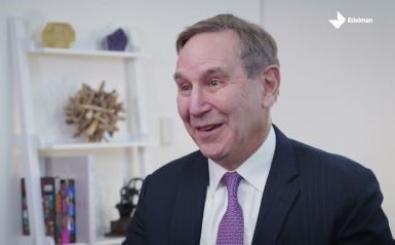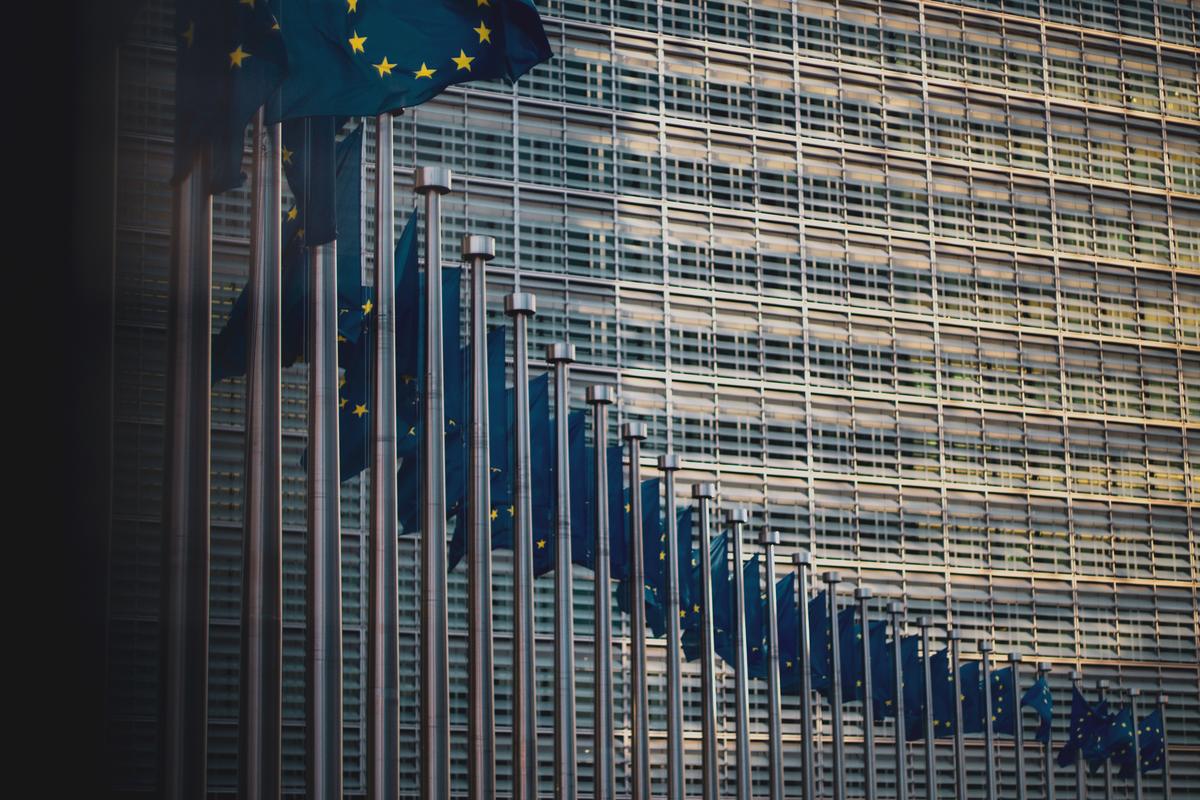On 1 January France took over the rotating Presidency of the Council of the European Union, thus giving it greater influence of the EU policymaking over the next six months. Indeed, the European Commission is expected to present several key health-related policy initiatives over the course of 2022, such as the revision of the EU general pharmaceutical legislation and the European Health Data Space.
In addition, EU countries are experiencing yet another wave of the COVID-19 pandemic, making the need for better health emergency response capacities, more autonomy for medicine and vaccine supply, as well as improved health system resilience in the EU all the more pressing. In parallel, the next French presidential election will take place in April 2022 and outgoing French President Emmanuel Macron is likely to make the case for a more sovereign Europe an important part of his (expected) reelection campaign.
In the snapshot below, we outline the key legislative and non-legislative health initiatives that Paris will be driving in the next six months. Additionally, we provide an overview of the main health-related meetings and events.
Priorities and non-legislative initiatives
- Reinforcing Europe’s preparedness to health crises and increasing the European health sector’s strategic autonomy.
- Strengthening the EU’s actions and contributions to global health together with other international bodies. This will notably include supporting the creation of an international pandemic treaty.
- Working towards the implementation of Europe’s Beating Cancer Plan.
- Supporting the fight against rare diseases and preparing to implement a European plan for rare diseases by 2030.
- Ensuring the availability of effective COVID-19 vaccines and treatments. This is also among the priorities of the forthcoming presidencies of the trio: the Czech Republic and Sweden.
- Working towards a 'one health' approach for addressing Anti-Microbial Resistance.
- Exploring the potential development of a joint health research agency and major research plans for diseases such as Alzheimer’s.
- Addressing mental health, with a particular focus on young vulnerable people.
Key legislative files
- Supporting the implementation of the European Health Union package. This will notably be achieved through the finalization of several legislative items listed below.
- Concluding the negotiations on the proposal for a new emergency framework for medical countermeasures, which forms the basis for the creation of the European Health Emergency Preparedness and Response Authority (HERA). The final text of the proposal will be submitted to the Council for adoption in the first months of 2022.
- Securing the final adoption of the extensions of the EMA and ECDC mandates, expected in 2022 after the European Parliament and the Council reached a provisional agreement on 28 October 2021 and 29 November 2021 respectively.
- Adopting the proposal for a regulation on serious cross-border threats to health. An agreement will likely be reached, following inter-institutional negotiations with the European Parliament, the next of which are expected for early 2022.
- To further support Europe’s health sovereignty, the PFUE is endorsing an Important Project of Common European Interest (IPCEI) for the health industry, with the stated goal of “reinforcing Europe’s policy towards the health industry” and “encouraging innovation”.
- This initiative will be discussed during a ministerial conference titled “Towards an independent, competitive and innovative European healthcare sector” which will take place on 3 March.
- Opening negotiations for the creation of a European Health Data Space (EHDS). The legislative proposal for this ambitious digital health initiative will among other things promote the interoperability of European health systems, facilitate the safe exchange of patients' data and encourage the access to and use of health data for research, policymaking and regulation.
- The publication of the proposal for creating the EHDS is expected for 5 April 2022.
- Facilitating discussions on the revision of the blood, tissues and cells directives.
- The legislative proposal, which will update the EU rules on scientific and technological developments in this field, including innovative therapies, is expected to be adopted in the first quarter of 2022.
- The new pharmaceutical strategy legislative plan is expected for the end of 2022, but France will have to stir discussions on the proposals throughout the year.

Key events
- 18 January: Ministerial Conference on the Resilience of Health Systems to Support Cooperation on a European Scale (focused on the impact of the health crisis on the health systems and the organization of healthcare in the EU Member States)
- 2 February: Ministerial conference on health data (focused on ethics, ahead of the adoption of the EHDS proposal)
- 3-4 February: First European Conference of the French National Cancer Institute (high-level conference on childhood cancers; cancers with poor prognosis; cancer prevention; cancer and employment; international cooperation in the fight against cancer)
- 9-10 February: Informal Meeting of Health Ministers (EPSCO) (will discuss ways to facilitate universal access to healthcare, based on an ambitious project for a “European Health Union”)
- 10-11 February: Joint Ministerial Conference of Foreign and Health Ministers (will aim to develop a European health policy, discuss the purchasing and donations of vaccines, treatments, diagnostics, production capacities and health system strengthening)
- 28 February: Ministerial Conference on Research and Care Pathways: For a European policy on rare diseases (will aim to put forward recommendations to further develop European regulations concerning rare diseases, to define the EU roadmap and to collectively prepare to implement a European plan for rare diseases by 2030)
- 3 March: Conference “Towards an independent, competitive and innovative European healthcare sector” (an opportunity for public- and private-sector research players to debate and discuss the major healthcare sovereignty issues raised by the COVID-19 crisis).
- 7 March: “One Health” Ministerial Conference on Antimicrobial Resistance
- 10-11 March: Summit of the 27 Heads of State or Government on the “new European model”
- 14-15 March: Ministerial Conference on the Mental Health of Vulnerable Young People
- 29 March: Council of the EU Employment, Social Policy, Health and Consumer Affairs Council (Health)
- 13 April: Meeting of Directors-General for Health (focused on the issue of vaccination as part of the European Health Union package).
- May: Closing of the Conference on the Future of Europe
- 4-6 May: Meeting of Heads of Medicines Agencies
- 5 May: Informal Meeting of the Working Group on the EU and Global Health (will propose strategies and working methods allowing the European Union and Member States to take on a leading role in confronting new global health challenges as well as in international negotiations).
- 17 June 2022: Council of the EU Employment, Social Policy, Health and Consumer Affairs Council (Health)
By Clara Hervas, Account Director and Sebastian Loerke, Account Manager at Edelman Brussels
If you are interested in how the health priorities of the French Presidency may affect your organization, then get in touch, and subscribe to our mailing list to receive updates from Edelman straight into your inbox. Don't worry, we don't spam ;)






